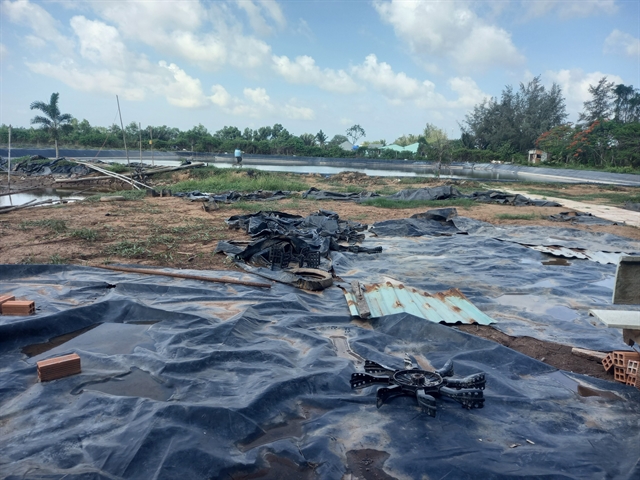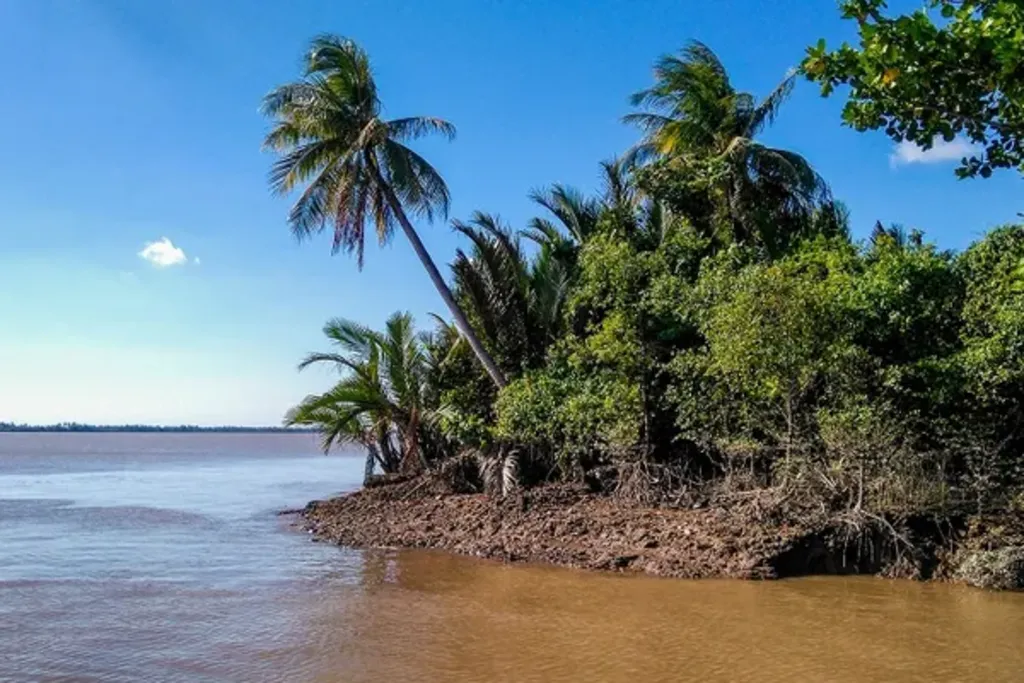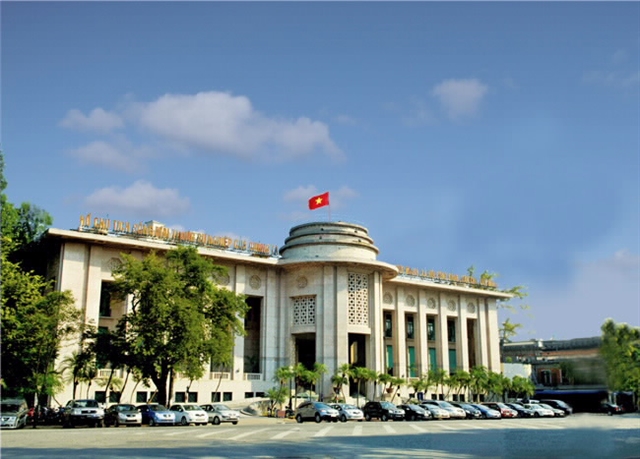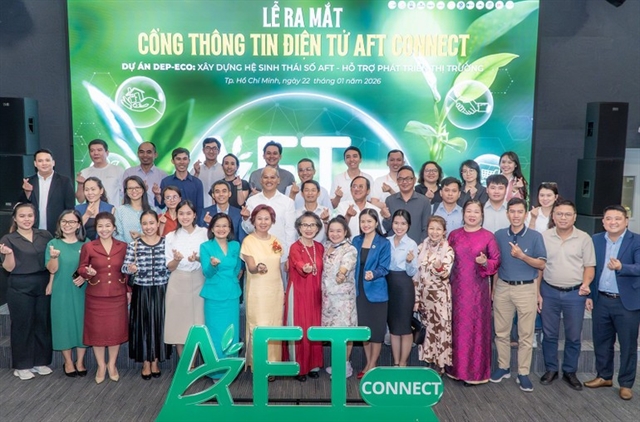 Environment
Environment

 |
| In Sóc Trăng, activities to adapt to climate change, prevent natural disasters, and support livelihood enhancement for local people will be carried out. — VNA/VNS Photo |
SÓC TRĂNG — The Department of Agriculture and Rural Development of Sóc Trăng Province, in collaboration with the International Union for Conservation of Nature (IUCN) and the Coca-Cola Foundation, organised a conference on January 16 to launch a project on increasing the coastal resilience of the Mekong Delta through mangrove restoration and nature-based solutions in the province.
Đồ Văn Thừa, deputy head of the Sóc Trăng Fisheries Sub-department, said that the project, funded by the Coca-Cola Foundation through the IUCN, with a budget of US$497,088, aims to address the issue of the shrinking coastal protective forest belt by restoring mangrove forests inside the East Sea (South China Sea) dike, as well as converting shrimp farming to a recirculating aquaculture system (RAS) combined with aquaculture under forest canopies, thus helping strengthen forest recovery and coastal resource sustainability.
It will be implemented in the two Mekong Delta provinces of Bạc Liêu and Sóc Trăng from now until the end of 2026.
In Sóc Trăng, activities to adapt to climate change, prevent natural disasters, and support livelihood enhancement for local people will be carried out. It is expected to provide capital support for 22 households in Vũng Châu township and Cù Lao Dung District, including RAS equipment, mangrove seedlings, and soil excavation to restore the natural water circulation system; and help restore nine hectares of mangrove forests; provide technical assistance; and offer training to local farmers on nature-based solutions.
At the conference, participants discussed the most effective ways and solutions to implement the project with the consensus of local managers and specialists, so as to scale up the model, create livelihoods for local people, and ensure environmental sustainability.
According to Andrew Wyatt, Deputy Head, IUCN Lower Mekong Sub-region, the project will organise training and awareness campaigns on the importance of mangrove forest restoration, nature-based solutions, and integrated aquaculture models. It will also advocate for policies supporting nature-based solutions and engage donors, while consulting with local departments and agencies to share and scale up successful models, with a goal to integrate the project results into larger investment initiatives. — VNS




